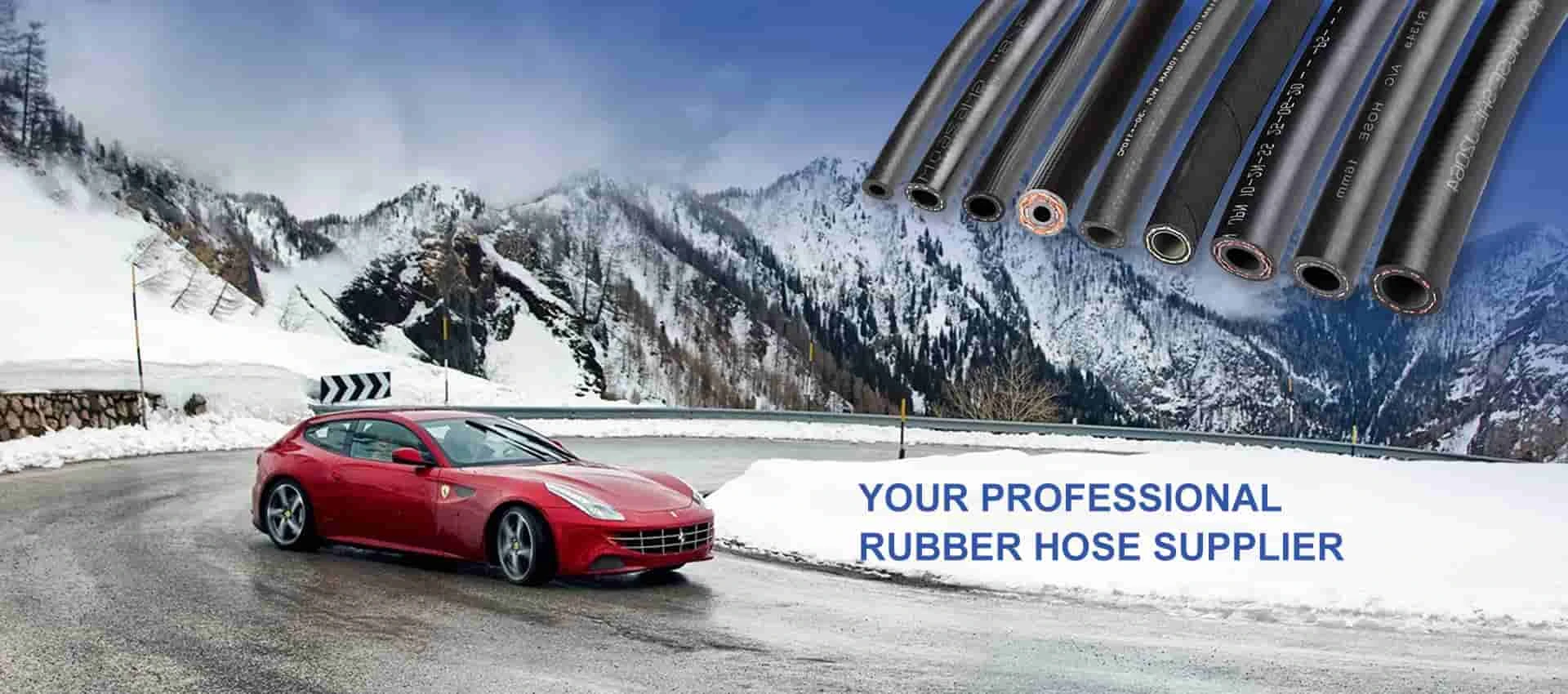front brake pipe
Tach . 15, 2024 21:13 Back to list
front brake pipe
Understanding Front Brake Pipes Importance and Maintenance
Front brake pipes play a crucial role in the functionality and safety of a vehicle's braking system. As a primary component connecting the brake master cylinder to the front brake calipers, these pipes are responsible for transporting brake fluid under pressure. This pressure enables the calipers to clamp down on the brake discs, allowing the vehicle to slow down or come to a complete stop when the driver applies the brakes.
The Role of Front Brake Pipes
The primary function of front brake pipes is to facilitate the transmission of hydraulic pressure generated by the brake pedal. When the driver presses the brake pedal, the master cylinder creates hydraulic pressure that is sent through the brake lines, including the front brake pipes, to the brake calipers. The calipers then squeeze the brake pads against the rotors, halting the vehicle’s motion. This system operates under high pressure, making the integrity of the brake pipes essential for safe driving.
Brake pipes are typically made from high-strength materials like steel or reinforced rubber, designed to withstand high pressure and the corrosive effects of brake fluid. Over time, however, even the most durable materials can experience wear and tear due to environmental factors such as moisture, road salt, and extreme temperatures. Therefore, understanding how to maintain and inspect these components is vital for vehicle safety.
Common Issues with Front Brake Pipes
Despite their sturdy construction, front brake pipes can develop issues over time
. The most common problems include1. Corrosion Brake pipes, especially those made of steel, can become corroded. This is particularly prevalent in regions where road salt is used for ice and snow removal. Corrosion weakens the structure of the pipes and can eventually lead to leaks.
2. Leaks A leak in the brake pipes can cause a drop in brake fluid pressure, resulting in diminished braking capabilities. This can pose a serious safety risk and often requires immediate attention to prevent accidents.
3. Cracks Physical damage from road debris or accidents can lead to cracks in the brake pipes. Even small cracks can lead to significant issues if left unaddressed.
front brake pipe

4. Improper Installation If brake pipes are improperly installed, they may be subject to undue stress, leading to premature failure. Make sure that any replacements or repairs are done according to manufacturer specifications.
Maintenance and Inspection
Regular inspection and maintenance of front brake pipes are essential for ensuring the safety and functionality of your vehicle’s braking system. Here are some tips for maintaining your front brake pipes
1. Visual Inspection Periodically check the brake pipes for any signs of corrosion, leaks, or physical damage. Look closely at the joints and connections, which are often the most vulnerable areas.
2. Fluid Levels Keep an eye on your brake fluid levels. A sudden drop in fluid could indicate a leak in the brake pipes. Always top up with the recommended brake fluid type, and never mix different types of fluid.
3. Professional Servicing Have your brake system inspected by a qualified mechanic at regular intervals. Professionals can provide a detailed assessment, including the state of the front brake pipes, and can replace them if necessary.
4. Environmental Considerations If you live in an area that experiences heavy winter weather, consider investing in protective coatings or rust inhibitors for your brake lines to prevent corrosion.
Conclusion
Front brake pipes are an integral part of your vehicle's braking system. Understanding their function, common issues, and maintenance practices can help ensure safe driving conditions. Regular inspections and timely repairs are essential in preventing potential brake failures, contributing to overall vehicle safety. Remember, when it comes to brakes, it’s better to be proactive rather than reactive. Always prioritize your vehicle’s braking system and, by extension, your safety on the road.
